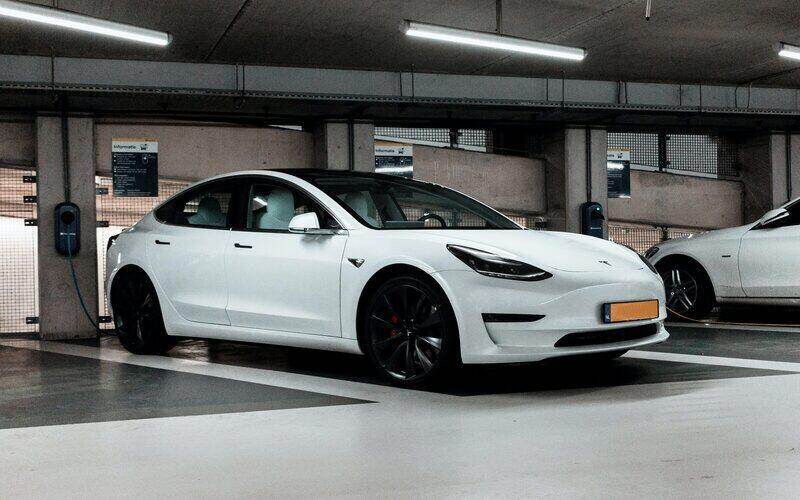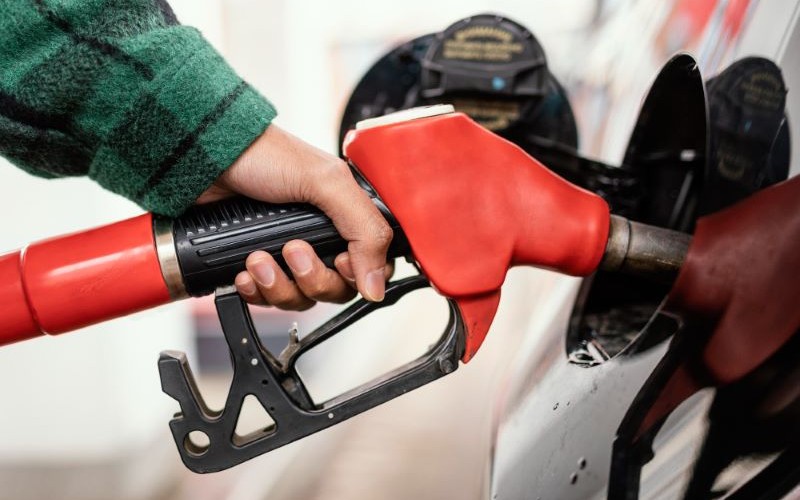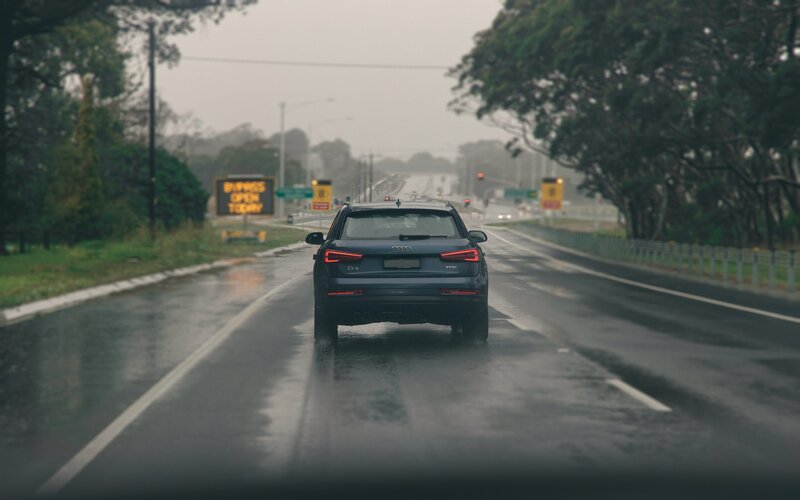CommSec's luxury car sales index has now risen for eight straight months, even as new car sales have plummeted for nearly two years.
In February 2020, CommSec found luxury vehicle sales rose 0.4% to 88,855, while the Federal Chamber of Automotive Industries last week reported overall new car sales fell 8.2% based on the same time last year.
CommSec's report also analysed data from the NRMA and Glass's Guide to determine what models of cars took the least amount of a hit in depreciation over the past three years.
The cars that held their value the best over three years were:
- Fiat 500 Lounge - 91.9% of value held
- Toyota LandCruiser - 90.7%
- Volvo XC90 - 86.5%
- Jaguar E-pace - 84.6%
- Porsche Cayenne - 84.1%
- Haval H9 - 83.6%
- Tesla Model S - 82.5%
- Porsche Macan - 82.4%
- Honda Odyssey - 82.1%
- Tesla Model X - 80.9%
This generally correlates with Savings.com.au research, which looked at popular models of cars and found the Landcruiser, which is popular with enthusiasts, holds its value better than many others.
Looking for a loan for a new car? Below are fixed loans for new cars with some of the lowest interest rates in the market
| Lender | Car Loan | Interest Rate | Comparison Rate* | Monthly Repayment | Interest Type | Vehicle Type | Maximum Vehicle Age | Ongoing Fee | Upfront Fee | Total Repayment | Early Repayment | Instant Approval | Online Application | Tags | Row Tags | Features | Link | Compare | Promoted Product | Disclosure |
|---|---|---|---|---|---|---|---|---|---|---|---|---|---|---|---|---|---|---|---|---|
6.59% p.a. | 7.72% p.a. | $588 | Fixed | New | No Max | $8 | $400 | $35,295 |
| Promoted | Disclosure | |||||||||
6.57% p.a. | 7.19% p.a. | $588 | Fixed | New | No Max | $0 | $250 | $35,278 |
| Promoted | Disclosure | |||||||||
6.52% p.a. | 6.95% p.a. | $587 | Fixed | New, Used | No Max | $0 | $350 | $35,236 |
| Promoted | Disclosure | |||||||||
5.66% p.a. | 6.45% p.a. | $575 | Fixed | New, Used | No Max | $0 | $275 | $34,515 | ||||||||||||
6.24% p.a. | 6.59% p.a. | $583 | Fixed | New | No Max | $0 | $250 | $35,000 | ||||||||||||
6.25% p.a. | 6.52% p.a. | $583 | Fixed | New | No Max | $0 | $195 | $35,009 | ||||||||||||
6.49% p.a. | 6.84% p.a. | $587 | Fixed | New, Used | No Max | $0 | $250 | $35,211 | ||||||||||||
6.50% p.a. | 7.74% p.a. | $587 | Fixed | New, Used | No Max | $0 | $350 | $35,219 | ||||||||||||
6.49% p.a. | 7.90% p.a. | $587 | Fixed | New, Used | No Max | $15 | $250 | $35,211 | ||||||||||||
6.29% p.a. | 6.72% p.a. | $584 | Fixed | New | No Max | $0 | $0 | $35,042 | ||||||||||||
7.99% p.a. | 8.99% p.a. | $608 | Fixed | New, Used | No Max | $9 | $265 | $36,489 |
Why are luxury car sales up?
While luxury car sales are down on December 2016's volume of 106,658 units, they have risen every month since July 2019.
CommSec has attributed this to the 'wealth effect', which states that as home prices increase, people feel more inclined to upgrade their vehicle.
"When home prices were rising strongly from 2013-2017, sales of new vehicles were similarly rising," CommSec's report said.
"Australian home prices started easing in November 2017.
"Annual new vehicle sales peaked in March 2018 and have been falling in the period since."
The CommSec index found it takes a worker on average earnings less than 40 weeks to buy a new BMW 320i, compared to 44 weeks a decade ago.
However, this result is down on the best levels of just over 35 weeks seen in the September quarter of 2017.
Similarly, it takes a worker just under 15 weeks to buy a Toyota Corolla, down from 19 weeks a decade ago.
CommSec's report said despite recent sluggish wage growth, wages and wealth had been 'rising solidly', with average weekly earnings rising by 35% in the past decade, versus a 23% increase in consumer prices.
"Wage earners had been looking to upgrade their rides over time, pushing more sales into the luxury vehicle category," the report said.
According to the Reserve Bank (RBA), a number of factors contribute to the purchasing decision, with one being the wealth effect.
One of the RBA's studies "identifies a positive and stable relationship between household wealth and consumption, largely reflecting changes in spending on motor vehicles, durable goods and other discretionary spending".
Other factors such as interest rates, the Australian dollar, vehicle pricing, warranty periods and availability of finance also affect purchase decisions.
CommSec also reported loans to buy cars in December were up 6% on a year ago, representing the fastest gain in almost three years.
In one month alone from January to February, home prices rose more than $4,000 on average, marking a 6.1% rise year-on-year.
Market wide, however, January 2020's car sales results marked the worst January result since 2009.










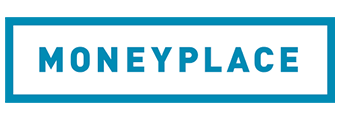

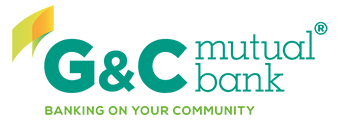

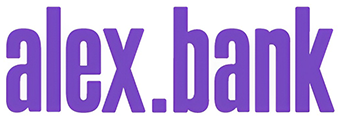

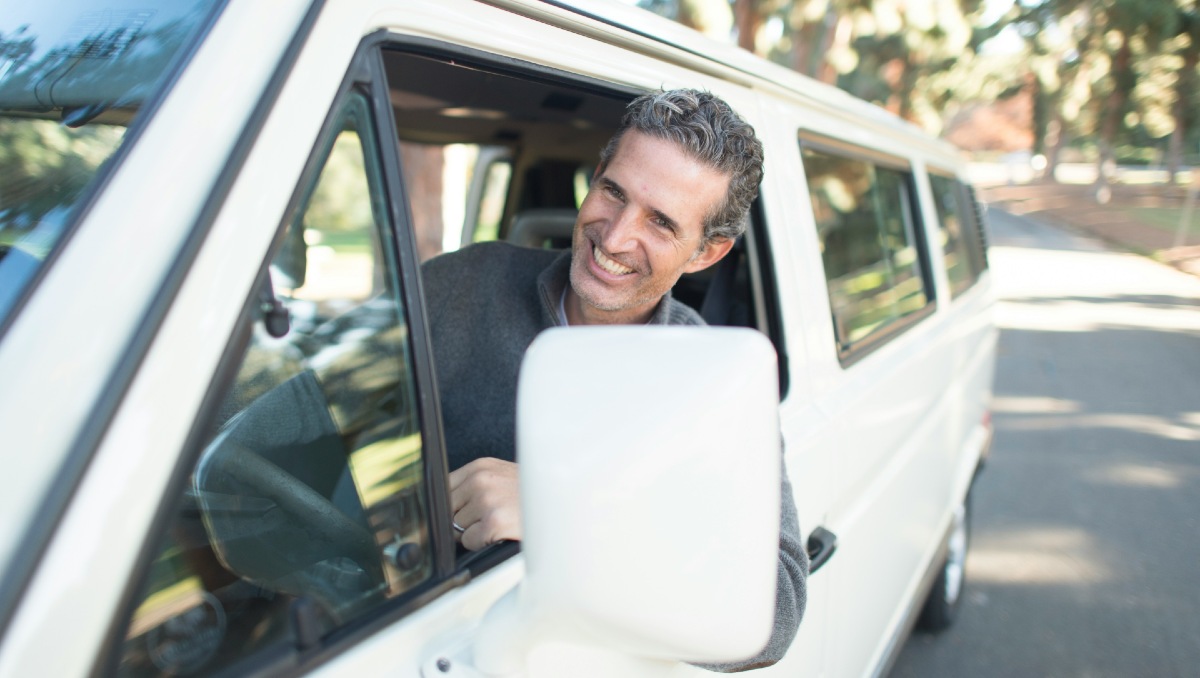
 Denise Raward
Denise Raward
 Harry O'Sullivan
Harry O'Sullivan
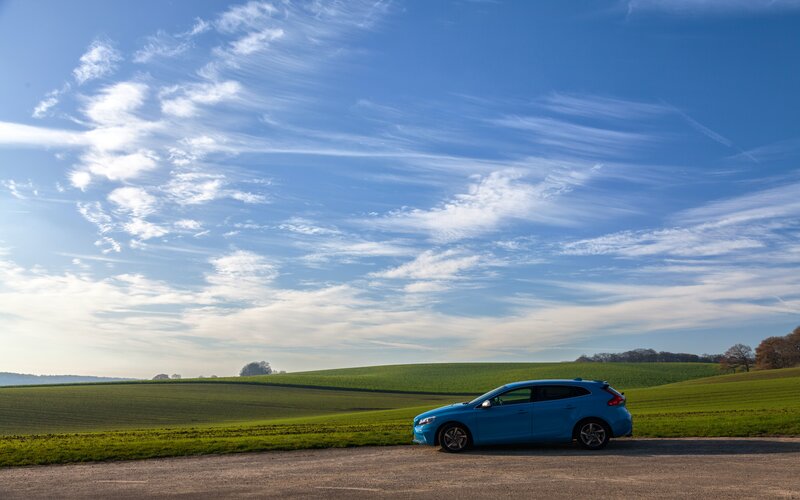
 Aaron Bell
Aaron Bell
 Jacob Cocciolone
Jacob Cocciolone